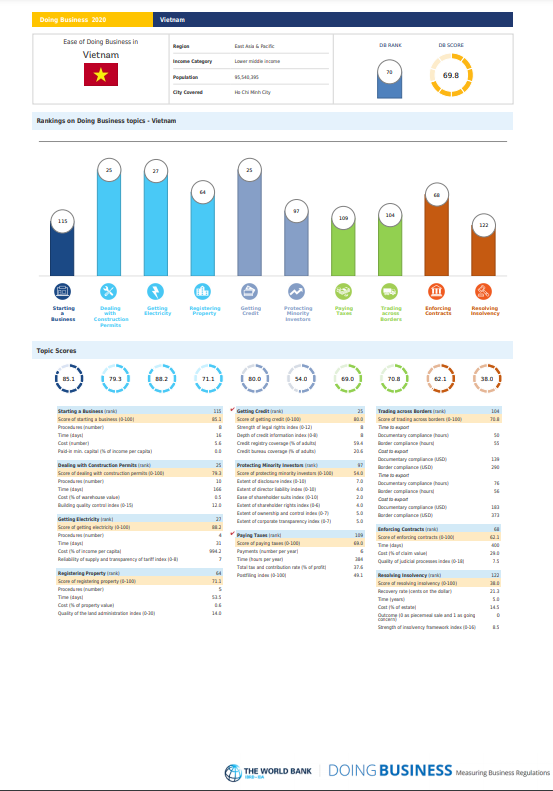Limited Liability Company, is the best corporate structure to start your own business in Vietnam. It can be registered with minimum two members and unlimited maximum members.
The Limited Liability Company is juristic, and the liability of members is limited to their shares. The Limited Liability Company can be registered within 15 working days. Limited Liability Company has more credibility than a Subsidiary Company or General Partnership. Venture capitalist and Angel investor prefers to invest in a Limited Liability Company. Approximate every year, more than 200,000 companies registered in Vietnam.
Advantages of Private Limited Company Registration in Vietnam
Limited Liability: Liability of Members and Directors of the private limited company is limited to their shares. It means that if the company suffers from any loss and faces financial distress because of primary business activity, the personal assets of shareholders/Members/Directors will not be at risk of being seized by banks, creditors, and government.
Continuity of Existence: The life of a business is not affected by the status of shareholders and even after the death of the shareholder, the private limited company continues to exist.
Scope of Expansion: The Scope of expansion is higher because easy to raise capital from a venture capitalist, angel investor, financial institutions and the advantage of limited liability. The private limited offer more transparency in the company.
Brand Value: Liability of Members and Directors of the private limited company is limited to their shares. It means that if the company suffers from any loss and faces financial distress because of primary business activity, the personal assets of shareholders/Members/Directors will not be at risk of being seized by banks, creditors, and government.
Valuation and Customer: The valuation is an important aspect of the company and high valuation comes from loyal customers. You should work on a business model with a higher lifetime value of a customer; Entrepreneur should focus on higher assessment of the company by offering the unique value proposition to the customer’s life.
Company Registration Process
Pre-licensing
- Meet Department of Planning and Investment (DPI): a law firm can help you to have a meeting with the DPI
- Obtain certified copies of foreign documents: GBS helps to prepare a list of required legal documents
Obtain consular legalized copies of foreign documents: Required legal documents will be legalized with simple process in your country - Obtain certified translation of documents: Required legal documents must be translated into Vietnamese
- Obtain authenticated copies of passports or Vietnamese ID cards and Sign contract on office lease
Company incorporation
- Obtain Investment Registration Certificate (IRC): GBS will draft the application form for the IRC; Charter of the Company; Outline of the Feasibility Study for the establishment of the Company and submit to the DPI, verify the status of the application and collect IRC the on your behalf
- Obtain authenticated copies and Obtain Enterprise Registration Certificate (ERC): GBS will draft the application form for the ERC and submit to the DPI and collect ERC the on your behalf
- Make seal and notify seal specimen: GBS will support you to make to company seal and obtain notification of seal specimen publishing
- Obtain certificate of tax registration
Post licensing
- Open bank account
- Publish in National Business Registration Portal
Documents Required
For corporate investors:
As an institutional investor, you have to provide
- Certificate of incorporation (an authentic copy) or certificate of business registration or equivalent documents
- Latest audited financial report (an authentic copy)
- Legalized copies of Passport from Directors and Shareholders
For individual investors:
- Latest Bank Statement (an authentic copy)
- Legalized copies of Passport from Directors
For Proposed Registered Address (Residential/Commercial), you should prepare the Rent Agreement from Owner/Landlord.
Sourch: https://vietnaminsider.vn/everything-you-should-know-about-forming-an-llc-in-vietnam-as-foreign-investor/









